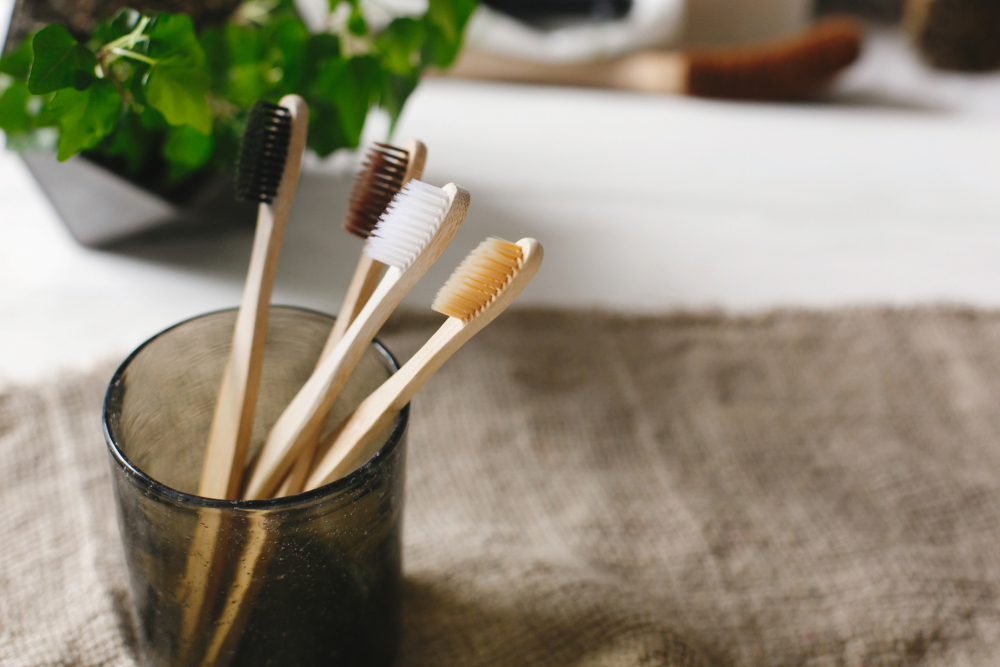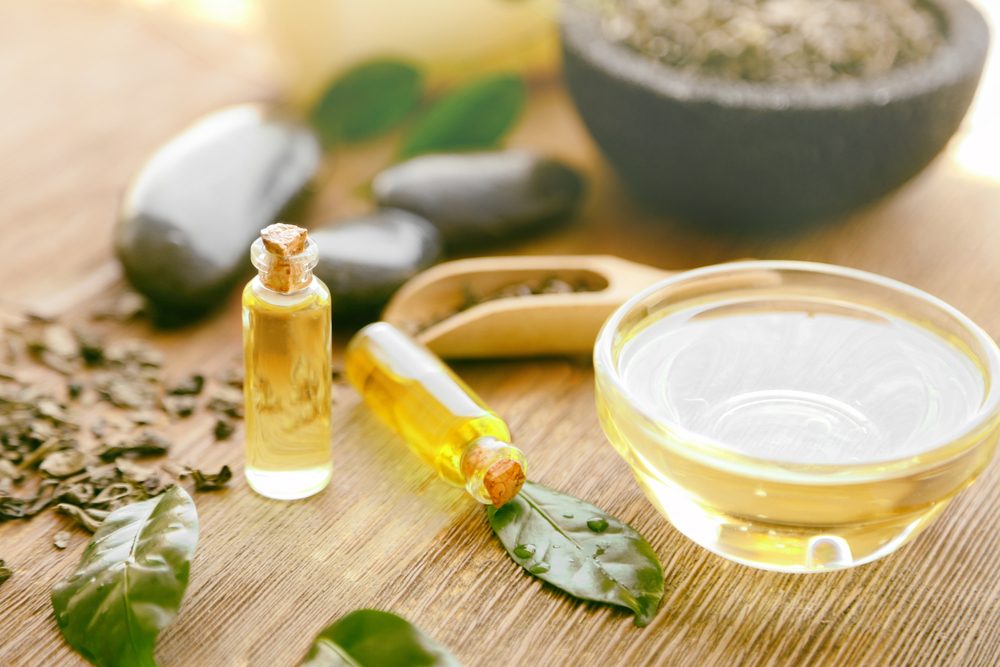How To Cope With Your Fear Of The Dentist
Going to the dentist can be a daunting experience. You might’ve developed a fear as a child, or maybe you’ve had a bad experience and never shaken off the feeling. You might’ve even just watched a movie or TV show that depicts fictional dentists in a negative light. Either way, the reality is that there is nothing to be scared of when visiting our Berwick dentist – even if dental phobia is a real thing. In today’s blog, we’re going to share with you some ways that you can help reign in your own fear of dentists to make visits less frightening.

Identify what is wrong
A good start to the coping process is to try to figure out what exactly it is that you have a fear of when going to the dentist. Is it the helplessness you may feel when lying back in the chair? Is it the drill? Maybe something as simple as being embarrassed about your teeth? Luckily, there are simple fixes to these problems.
For example, if it’s the drill that disturbs you then perhaps try wearing earplugs, so you don’t have to listen to the sound of it. You can also close your eyes and pretend you’re somewhere else instead of lying on the dental chair – or let your Berwick dentist know and you can have a break halfway through to stretch your legs.
This can help to get rid of some of that feeling of helplessness. When it comes to your teeth, you should never be embarrassed as the job of our Berwick dentist is to look after and clean teeth. You will never be judged for having bad teeth or oral hygiene.
Is it the pain that bothers you?
If the problem is a bit more straightforward and it’s the pain that you’re afraid of, then you should let your dentist know. They’ll not only be able to help calm you down but can also administer anaesthesia to numb certain areas, so you won’t be able to feel the pain.
It is important to understand as well that a lot of regular dental check-ups don’t usually include procedures that cause pain at all. So, deep breaths and calming thoughts are a great way to distract you. Then, before you know it, your check-up will be over.
Has a past experience traumatised you?
A common result of dental fear is due to having a bad experience in the past. This could boil down to previously experiencing a procedure that you didn’t like, surprise expenses you weren’t aware of initially, rude staff or even just a cold environment. If this is the case then you should make sure that when looking for a new dental clinic that you read some reviews about them, and perhaps even go in meet them before sitting down for an appointment.
Don’t be afraid to explain to them about your past experiences and what bothered you, so your new dentist can reassure you that it won’t happen again and try their best to accommodate you as much as possible.
Don’t be afraid to talk
We’ve mentioned throughout this blog that you should talk to your dentist and let them know what bothers you about specific fears you have, but you should be doing this in general anyway. Even during the procedures, if something bothers you or makes you uncomfortable, then you should let your dentist know so they can adjust their approach or reassure you.
If you feel that your phobia begins to reach new heights to the point where you absolutely refuse to visit a dentist, then you should consider talking to a professional about your problems to have them resolved. Dental hygiene is an important part of life and skipping dentist appointments can cause serious health problems in your future.
Are you looking for a Berwick dentist?
Whether you suffer from dental phobia or not, Eden Rise Dental is always happy to accommodate all patients and make sure they’re as comfortable as possible when performing check-ups and procedures on them. Our family-friendly Berwick clinic is home to a team of experienced and fully-qualified professionals that are knowledgeable in a wide range of services and dental information. Some of our specialties include children’s dentistry and cosmetic dentistry, as well as a host of other dental services that should meet your requirements.
If you’re looking for a Berwick dentist, then please do not hesitate to give us a call on (03) 9702 6111 or send us a message through our website.








